15 Household Items That Are Draining Your Wallet for No Reason
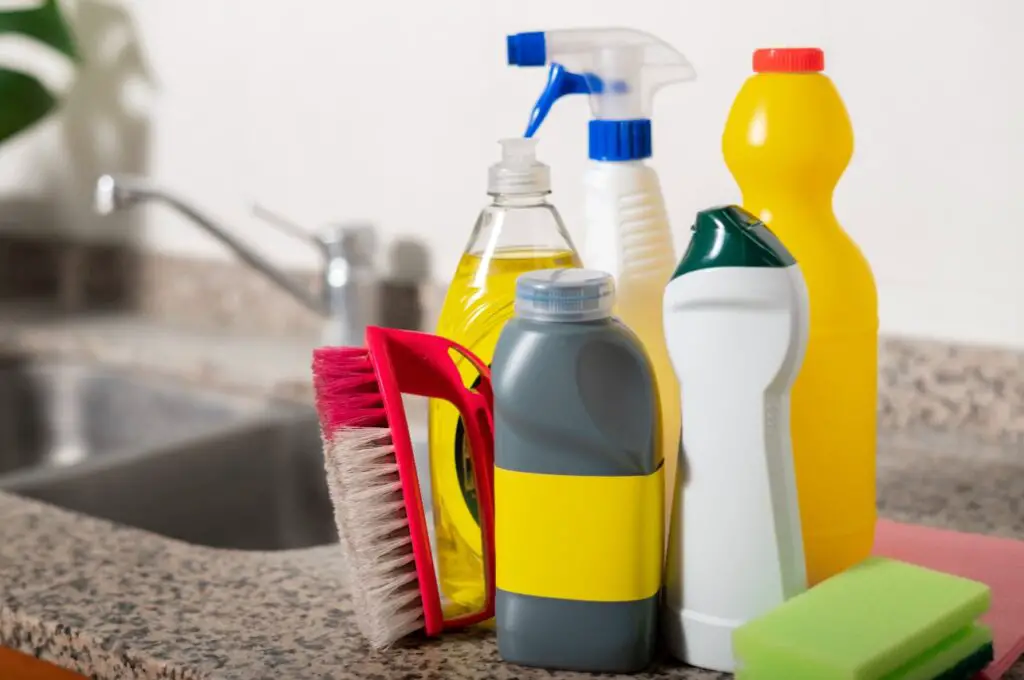
Managing household expenses can be tricky, but some everyday items are quietly eating away at your budget without you even realizing it. These unnecessary expenses may seem small at first, but over time, they add up to a significant amount of wasted money. From energy-hungry appliances to disposable products you could easily replace, these household items are costing you more than they should. Here are 15 things in your home that are secretly draining your wallet and how to cut back on them.
1. Single-Use Paper Towels
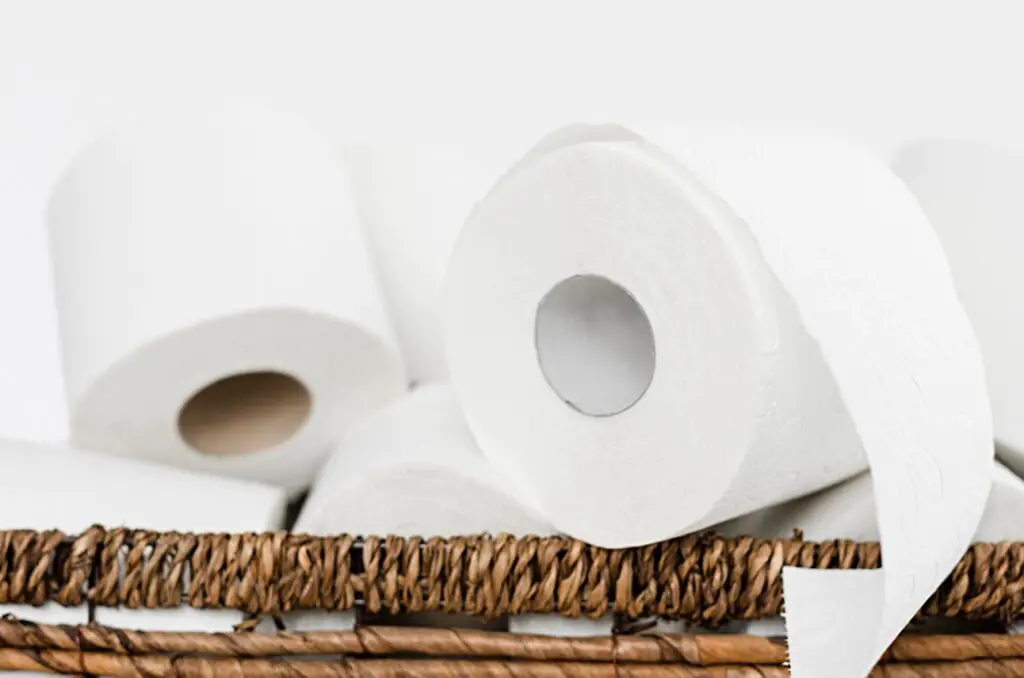
Paper towels might be convenient, but their cost quickly adds up since they are a one-time-use product. Instead of continuously spending money on new rolls, invest in reusable microfiber cloths or kitchen towels that can be washed and reused. These alternatives are not only better for your budget but also help reduce waste.
2. Plugged-In Electronics in Standby Mode
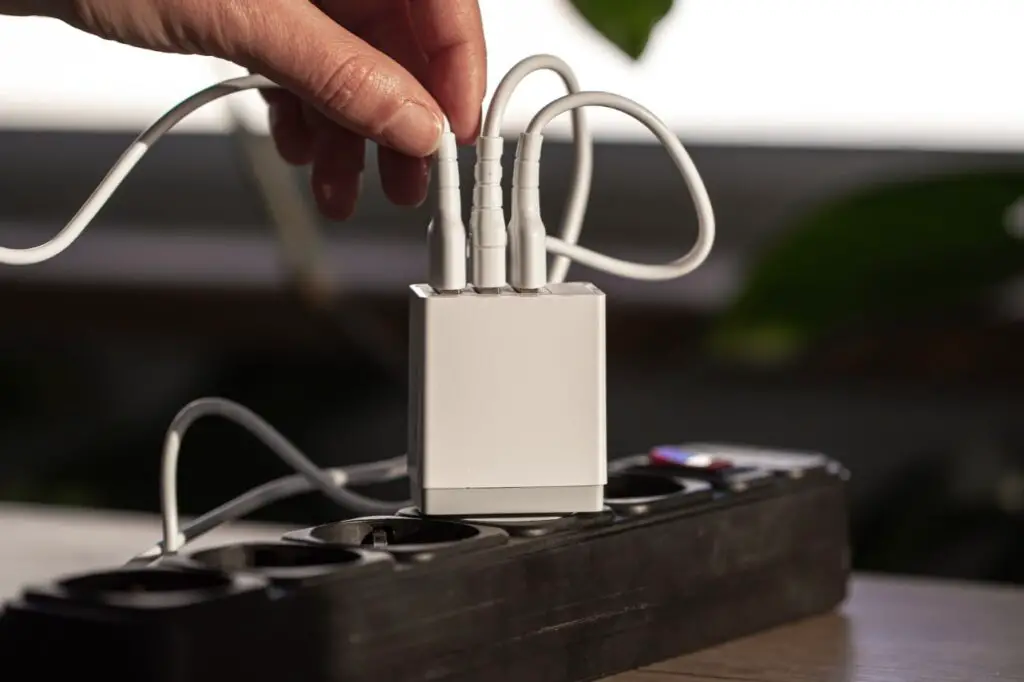
Leaving electronics like televisions, gaming consoles, and computers plugged in even when they are turned off can result in phantom energy consumption. This hidden electricity usage increases your utility bill over time. To prevent unnecessary energy drain, unplug devices when not in use or use smart power strips that automatically cut power when devices are idle.
3. Expensive Air Fresheners

Many people buy plug-in air fresheners, scented sprays, or wax melts without realizing how much they cost over time. These products often contain chemicals that may not be good for your health. A cost-effective and natural way to freshen your home is by using essential oils, homemade sprays, or simmering citrus peels and herbs on the stove.
4. Disposable Water Bottles

Purchasing bottled water regularly is one of the biggest unnecessary household expenses. Not only do the costs add up quickly, but plastic waste harms the environment. Instead, invest in a high-quality water filter and reusable bottles to save money while reducing plastic waste.
5. Overpriced Laundry Detergent and Fabric Softeners
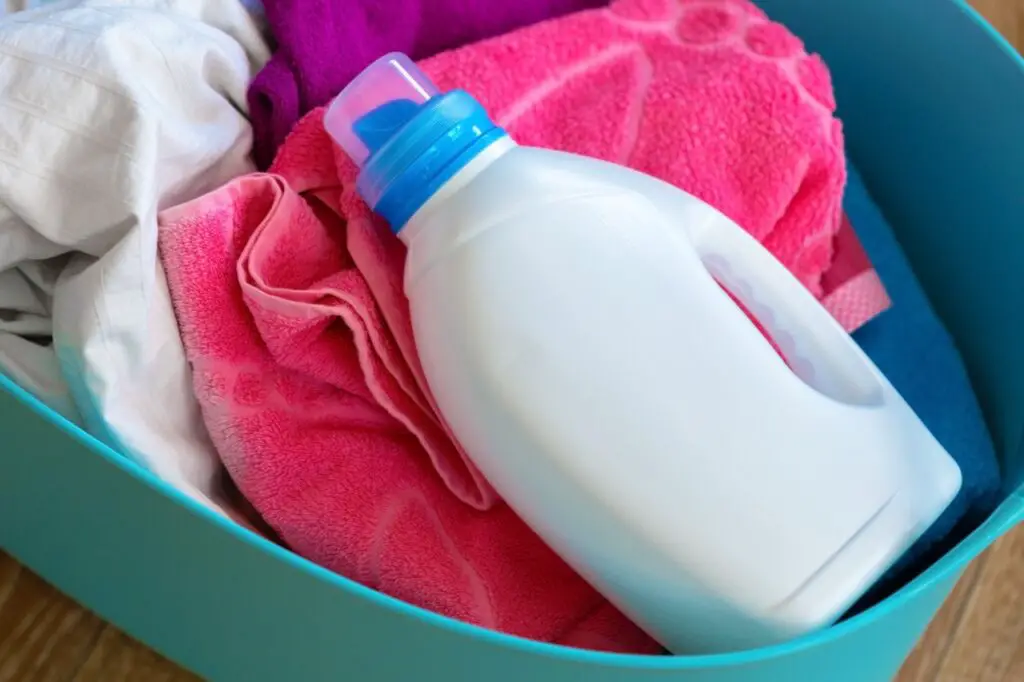
Store-bought laundry detergents and fabric softeners can be pricey, especially when used in excess. Many people use more detergent than necessary, leading to wasted product and money. Consider making your own detergent with natural ingredients or switching to concentrated formulas that last longer. Wool dryer balls can also replace fabric softeners and help reduce drying time.
6. Cable Television Subscriptions

Cable television can be one of the biggest money drains in a household, especially when streaming services offer much cheaper alternatives. Many people pay for dozens of channels they never watch. Cutting the cord and switching to streaming services or free digital television options can significantly lower your monthly expenses.
7. Disposable Cleaning Wipes
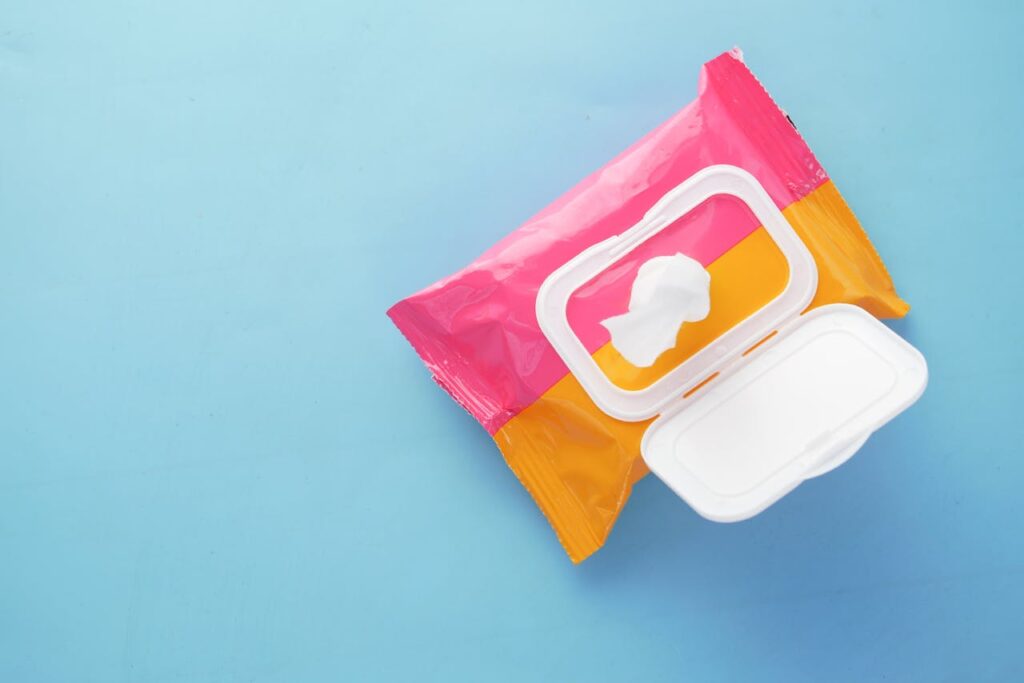
Pre-moistened cleaning wipes might be convenient, but they are far more expensive than traditional cleaning solutions. Instead of repeatedly buying these disposable wipes, switch to reusable cleaning cloths and homemade cleaning solutions made from vinegar, baking soda, and essential oils.
8. Overpriced Coffee Pods

Single-use coffee pods may seem like a quick and easy way to get your caffeine fix, but they come at a premium price compared to ground coffee. Switching to a traditional coffee maker, French press, or a reusable pod can save you hundreds of dollars per year while still allowing you to enjoy your favorite brew.
9. Excessive Subscription Services
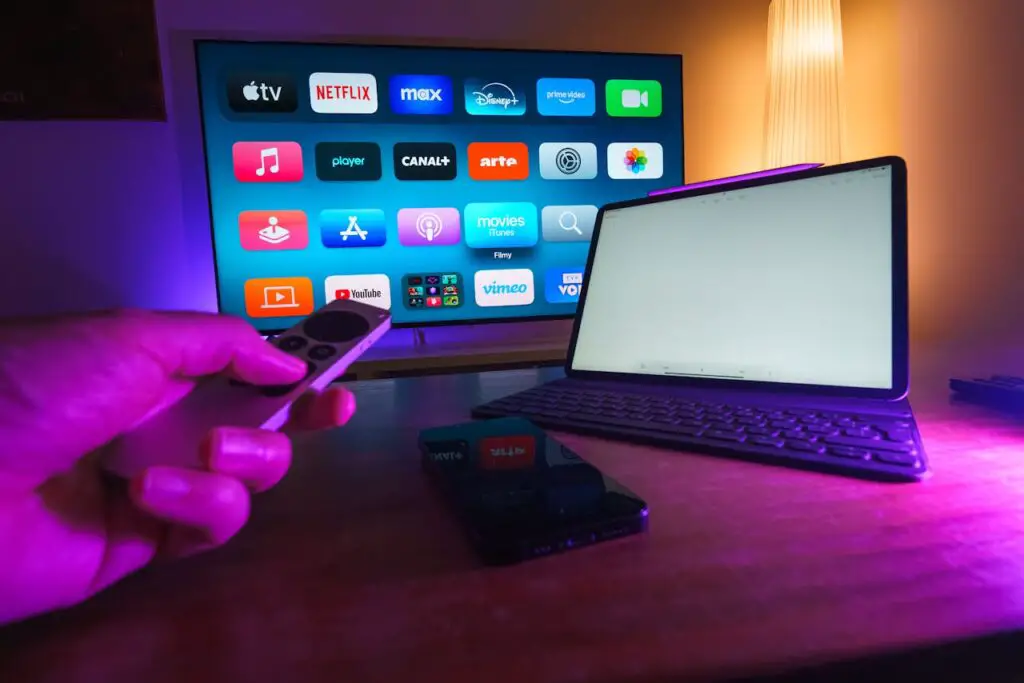
Many households have multiple subscription services for streaming, magazines, meal kits, and more. While each subscription may not seem like much on its own, they add up quickly. Take a closer look at your monthly subscriptions and cancel any that you do not regularly use.
10. Non-Energy-Efficient Light Bulbs
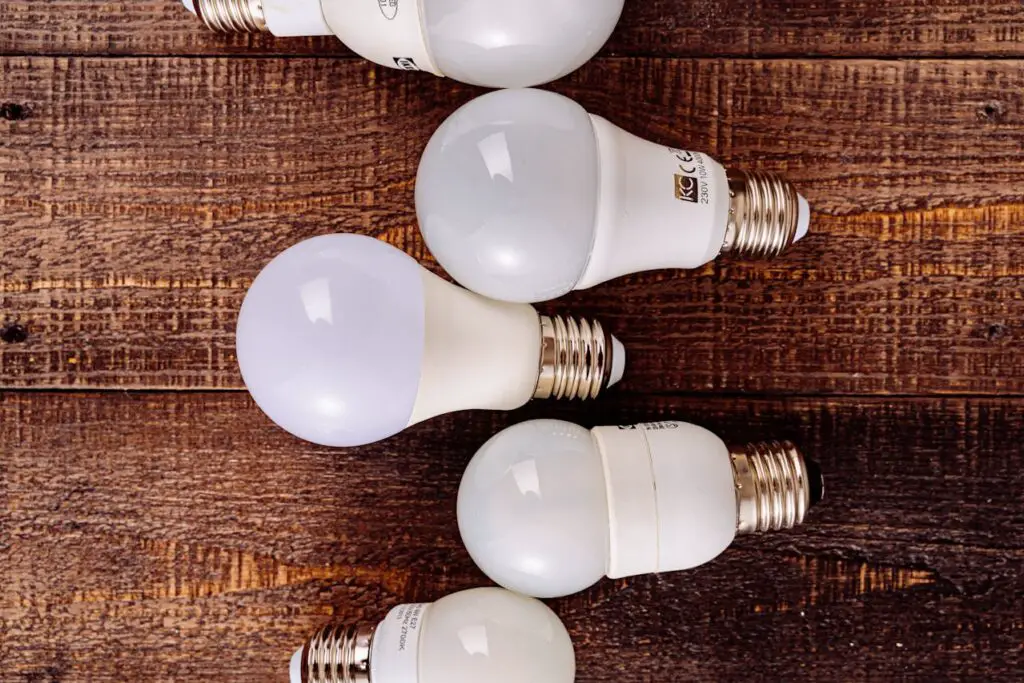
Traditional incandescent bulbs use far more electricity than modern LED alternatives, increasing your energy bill unnecessarily. Swapping them out for energy-efficient LED bulbs will lower your electricity costs while also lasting much longer, reducing the need for frequent replacements.
11. Pre-Cut Fruits and Vegetables

Buying pre-cut fruits and vegetables from the grocery store is convenient but comes with a hefty price markup. Instead of paying extra for convenience, buy whole produce and spend a few minutes cutting them yourself. Not only will this save money, but fresh-cut produce often lasts longer than pre-cut versions.
12. Scented Trash Bags
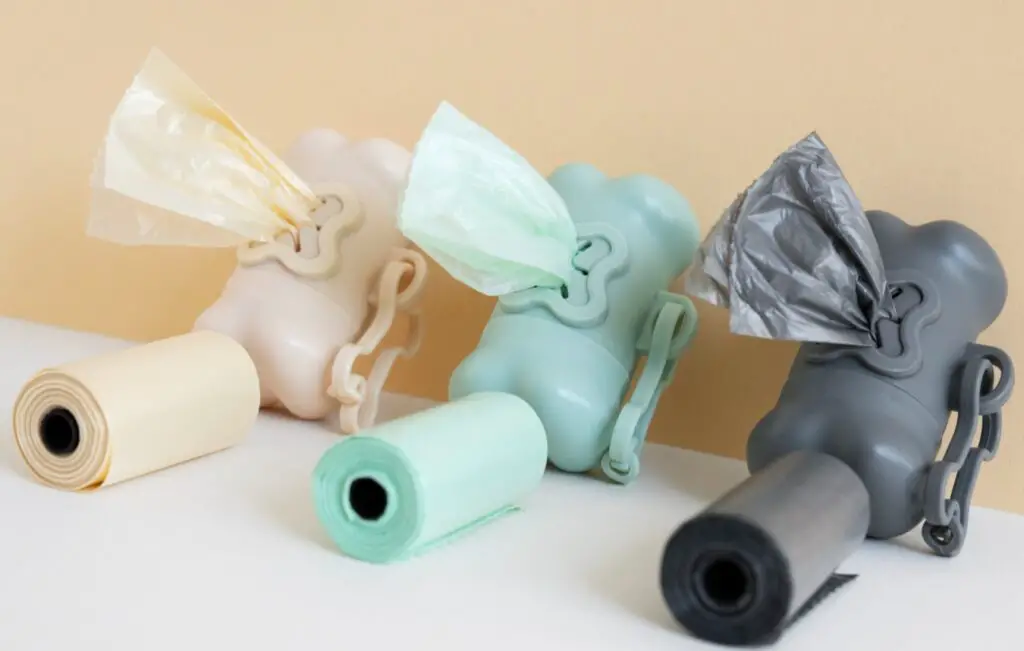
Scented trash bags may seem like a small luxury, but they often cost significantly more than regular trash bags. The added fragrance is unnecessary since you can easily manage trash odors with baking soda, coffee grounds, or essential oil drops inside the bag. Switching to regular trash bags will cut unnecessary costs from your grocery bill.
13. Name-Brand Cleaning Products
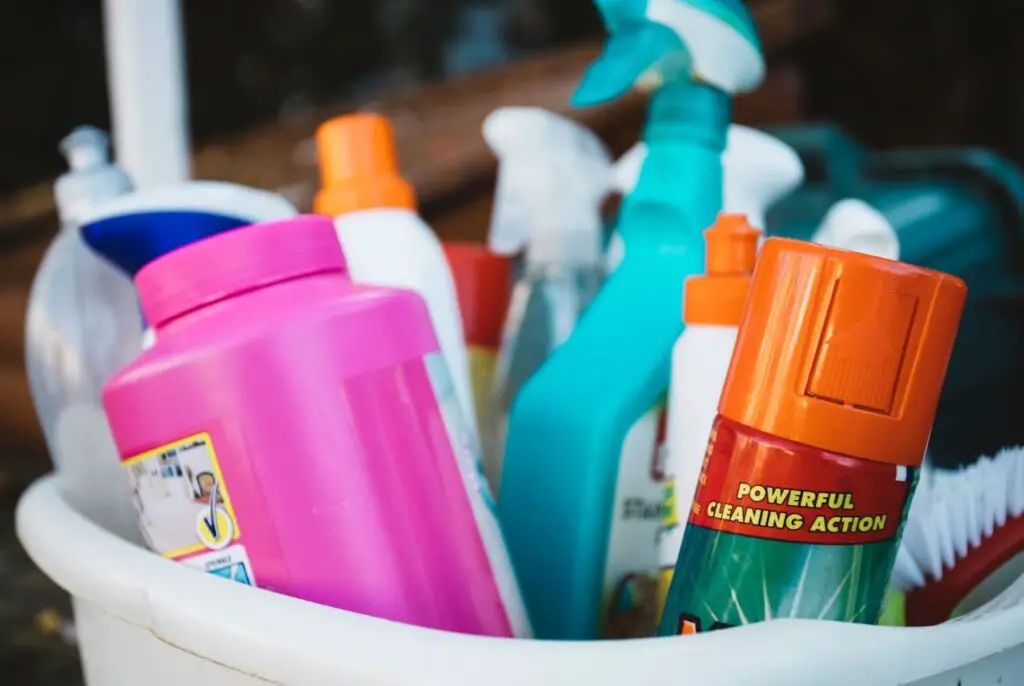
Many people assume that name-brand cleaning products are superior, but store-brand or DIY options often work just as well for a fraction of the price. Simple ingredients like vinegar, baking soda, and hydrogen peroxide can replace expensive store-bought cleaners while providing the same level of effectiveness.
14. Liquid Hand Soap Refills
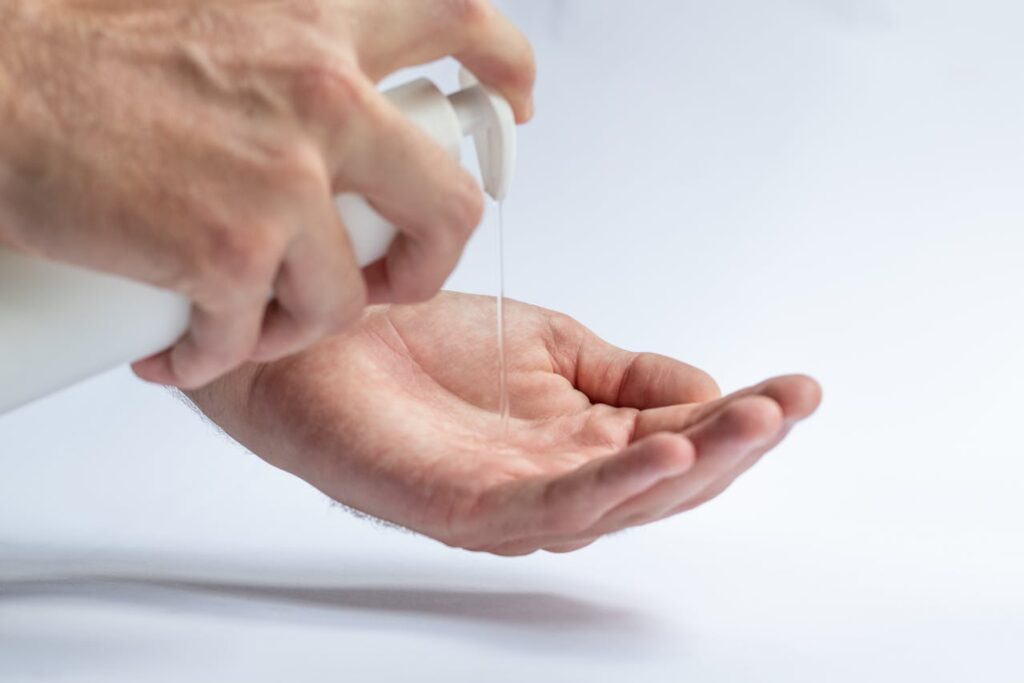
Buying disposable hand soap bottles every time you run out may seem harmless, but the costs add up over time. Instead, purchase large refill bottles or switch to foaming dispensers that require less soap per use. Better yet, consider using bar soap, which often lasts longer and is more budget-friendly.
15. Excessive Laundry Dryer Usage
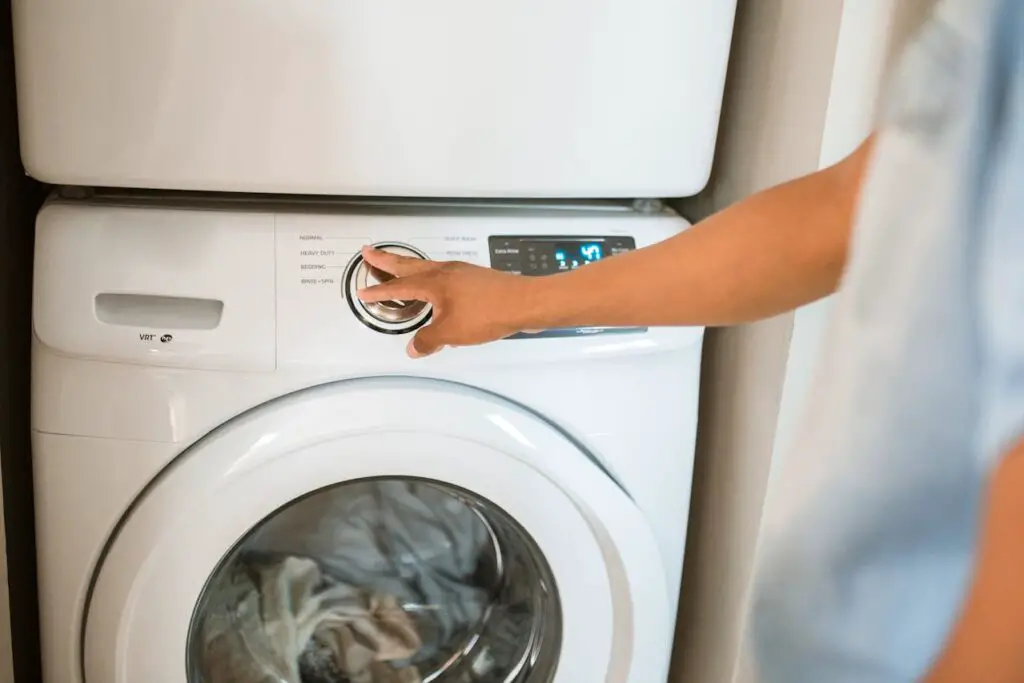
Running your dryer for every single load of laundry consumes a lot of electricity, making it one of the highest energy-using appliances in your home. Whenever possible, opt for air-drying clothes on a drying rack or outdoor clothesline. This not only saves money on electricity but also extends the lifespan of your clothing.
Final Thoughts
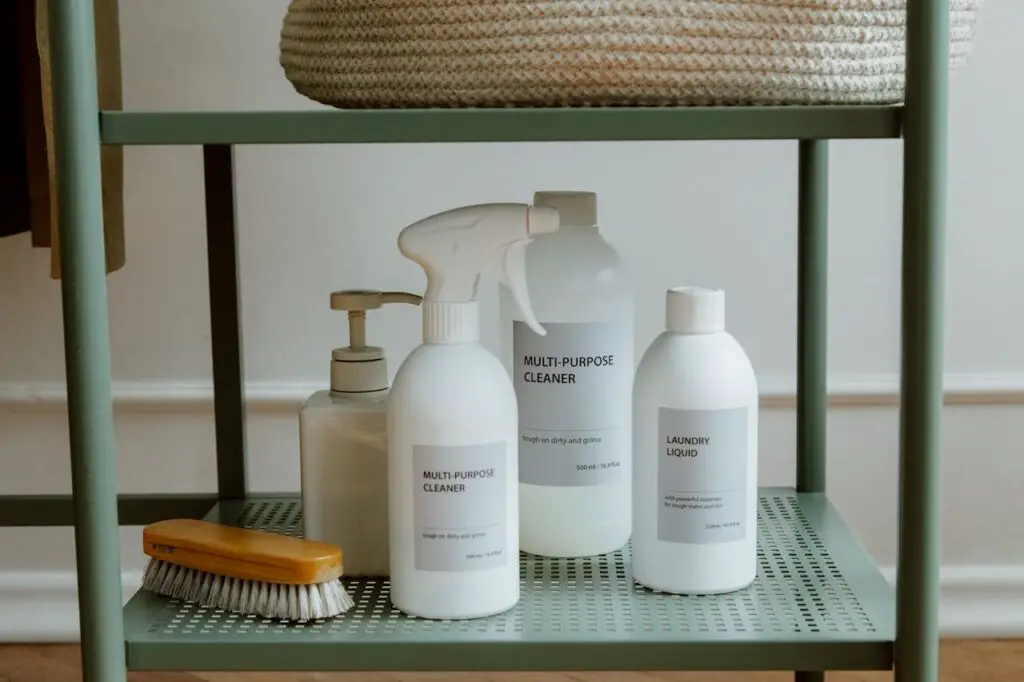
Many of these household items seem harmless at first, but over time, their costs quietly drain your wallet. Making small, intentional changes like switching to reusable alternatives, cutting back on energy waste, and being mindful of what you buy can lead to significant savings. By eliminating or reducing these unnecessary expenses, you can put more money back into your pocket without sacrificing convenience or comfort. Start making these smart changes today, and watch your savings grow!
Leave a Reply